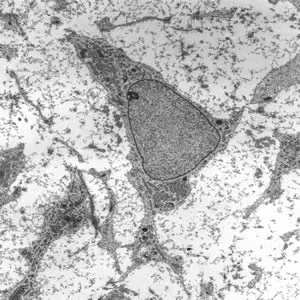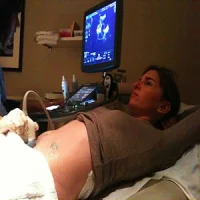A new study published in STEM CELLS Translational Medicine demonstrates how mesenchymal stem cells (MSCs) not only protect the heart from further damage after a cardiac incident but can also slow down its ageing process. The findings in a rat model of the ageing heart could put stem cells to the forefront as a possible solution for a more effective way to treat heart conditions.
The study was led by Yanjie Lu, M.D, Ph.D, a professor in the pharmacology department at Harbin Medical University (HMU) in Harbin, China, and a world-renowned expert on myocardial infarction and his colleagues. Prof Yanjie believes this study offers an alternative approach for treating heart failure in elderly patients.
During the process of ageing, molecules, cells and tissues become damaged leading to declining organs. Mesenchymal stem cells, found in bone marrow, can generate bone, cartilage and fat cells that support the formation of blood and fibrous connective tissue. These stem cells can be coaxed in the laboratory into becoming a variety of cell types, from cardiomyocytes (heart muscle cells) and neurons, to osteoblasts, smooth muscle cells and more.
Previous studies have also shown that MSCs reverse age-related degeneration of multiple organs, restore physical and cognitive functions of aged mice, and improve age-associated osteoporosis, Parkinson’s disease and atherosclerosis. During this study, Dr. Lu and his team evaluated the anti-ageing benefits of MSCs on the heart.
Dr Lu explains that MSCs offer an anti-senescence action on cardiomyocytes as they grow older but till now, it was unclear whether these findings from a cellular model could be applied to more physiological conditions. During this study, the research team injected MSCs into rat cardiomyoctyes being cultured in lab dishes. After they received encouraging results, they repeated the procedure on a group of young (4 months old) rats and old (20 months) rats. The findings demonstrated significant anti-ageing benefits of MSCs.
“Our study didn’t just unravel the efficacy of MSCs in fighting cardiac ageing, it also delineated the mechanisms underlying this beneficial action,” Dr. Lu explained. “The anti-ageing effects could be ascribed to the MSCs anti-oxidative action. The results provide a novel strategy for retarding the cardiac ageing process.”
Anthony Atala, M.D, editor of STEM CELLS Translational Medicine and director of the Wake Forest Institute for Regenerative Medicine, also suggests that the results of this study offer a promising therapeutic approach for treating heart failure in the elderly population.
Source: STEM CELLS Translational Medicine
Image Credit: Wikimedia Commons










